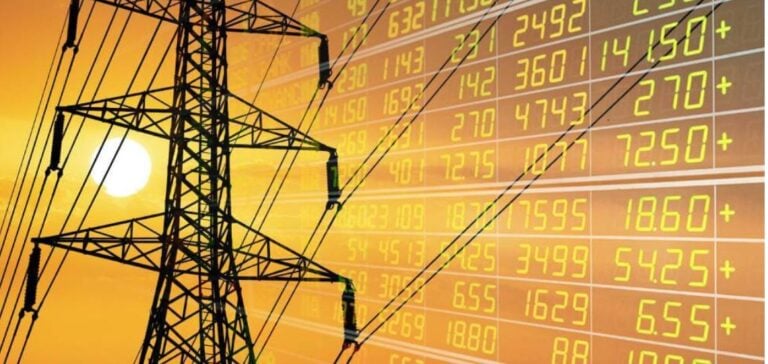For several years now, the issue ofa fair energy transition has been in the headlines. Indeed, the current energy crisis in France, exacerbated by the Russian invasion of the Ukraine and the bombardment of its energy sites, has further highlighted the flaws in the energy regulation system. In a recent report, the French Court of Auditors called into question the effectiveness and fairness of the contribution imposed on electricity producers. Despite the government’s efforts to support consumers – most notably in 2022, when EDF tried unsuccessfully to introduce a price cap measure – shortcomings persist in the fair return of accumulated margins.
Analysis of the Contribution sur les Rentes des Producteurs d’Électricité (Contribution on the income of electricity producers)
The contribution on infra-marginal rents (CRI) of electricity producers, introduced in the initial finance law for 2023, is at the heart of concerns. The Cour des Comptes considers that this measure does not guarantee an adequate return for consumers, despite the substantial profit margins recorded by energy companies. This contribution, which is supposed to return to consumers the margins accumulated during the crisis-induced price surge, falls short of levels deemed fair.
Impact on consumers
The financial implications of the pension contribution are far-reaching. The projected revenues do not offset the costs borne by consumers, who see their bills rise without benefiting from a fair return of electricity producers’ profit margins. This raises concerns about the government’s ability to protect consumer interests while maintaining the economic viability of the energy sector.
Future prospects
Faced with this criticism, the French government is called upon to review its energy policies to ensure a more optimal distribution of costs and benefits. In-depth reform is needed to ensure the stability of the electricity market and protect the interests of consumers. The Cour des Comptes’ recommendations highlight the need for swift, effective government action to resolve the challenges posed by the current energy crisis.
This raises concerns about the effectiveness and fairness of the contribution on electricity producers’ pensions. It is imperative that the government takes decisive action to guarantee the stability of the electricity market and protect the interests of consumers in the face of growing economic and energy challenges.






















